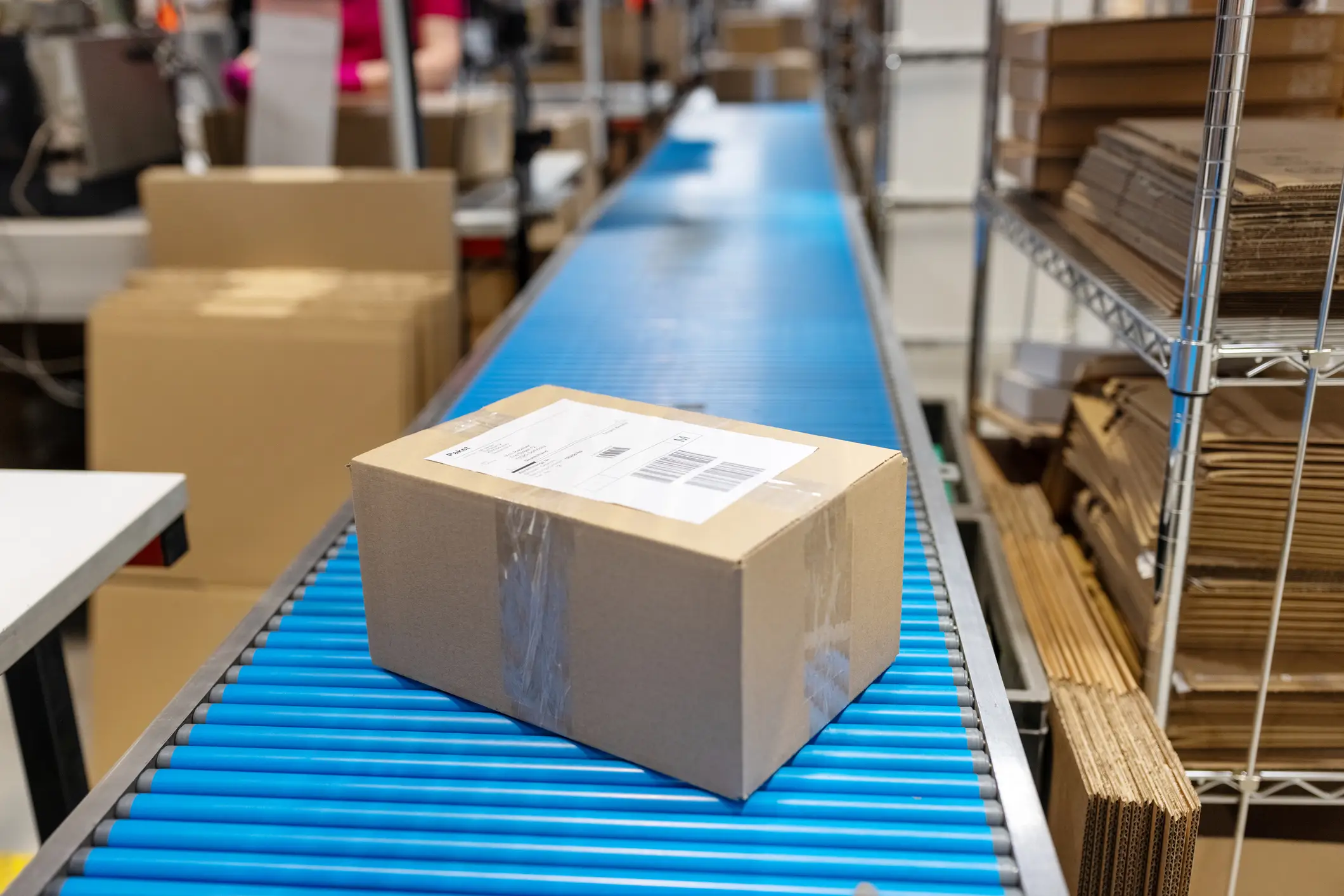In the world of international trade, everything revolves around agreements. Who pays for the transport? Who arranges the import duties? And when does the risk pass from the seller to the buyer? To make this run smoothly, there are globally agreed terms of trade: Incoterms & import duties. One of the best-known terms is DDP (Delivered Duty Paid), but there are also other regulations that are very similar. In this article, we take you into the world of Incoterms and explain the differences clearly and conveniently.
What are Incoterms?
The Incoterms are standard international rules that determine who is responsible for the transport, cost, and risk of goods in international trade. These rules are drawn up by the International Chamber of Commerce (ICC) and prevent misunderstandings between buyers and sellers.
There are 11 official Incoterms & import duties, divided into different categories. Terms such as DDP, DAP, DPU, and EXW often come up. While they all offer a clear division of labour, they differ mainly in who pays for what and where risk passes from seller to buyer.
Delivered Duty Paid (DDP): Everything arranged by the seller
At DDP does the seller almost take all responsibility per se. Goods are delivered to a pre-arranged location, including:
- Transport costs
- Customs formalities
- Import duties and taxes
The buyer need not worry about anything, except the unloading the goods. For the seller, this is the most comprehensive obligation as he bears all costs and risks until delivery.
Characteristics of DDP:
- Risk transfer: On arrival at final destination.
- Costs: Entirely for the seller, including taxes.
- Control: The buyer has minimal involvement in the process.
DAP (Delivered at Place): Almost the same, but without taxes
One of the schemes very similar to DDP is DAP. Here, the seller also delivers the goods to the agreed place, but:
- The copper pays import duties and taxes itself.
- The responsibility for customs formalities lies with the buyer.
In simple words: the seller takes care of everything as far as the border, but from then on the buyer is responsible for the import.
DPU (Delivered at Place Unloaded): With unloading included
At DPU the seller's responsibility goes a step further. Here, the seller not only takes care of the delivery, but also the unload of the goods.
The differences with DDP:
- The buyer pays import duties and taxes.
- The seller takes care of unloading at the agreed place.
DPU is useful in destinations where the buyer does not have the proper means to unload goods.
EXW (Ex Works): The opposite of DDP
Where DDP demands the maximum from the seller, is EXW the opposite. At EXW the seller makes the goods available only on its own premises (e.g. a warehouse or factory). The copper takes care of everything:
- Transport
- Customs formalities
- Import duties and taxes
The seller only has to prepare the goods. This makes EXW ideal for experienced buyers who want full control over the process.
CIF (Cost, Insurance, and Freight): Up to the port
At CIF the seller pays for the cost, insurance and transport to the destination port. The big difference with DDP is that:
- The seller stops his responsibility at the port of destination.
- The buyer assumes all further costs and risks from that point onwards.
CIF is particularly useful for sea transport and is often used with bulk goods.
FOB (Free on Board): Responsibility up to the ship
At FOB (widely used in shipping), the seller's responsibility ends once the goods are loaded on board the ship. The buyer handles the costs, risks and formalities from that point onwards.
FOB, unlike DDP, is less extensive for the seller and offers the buyer more control over the shipment.
Overview of Main Differences
| Incoterm | Transport costs | Risk transfer | Import duties and taxes |
| DDP | Vendor | Final destination | Vendor |
| DAP | Vendor | Final destination | Copper |
| DPU | Seller (incl. unloading) | After unloading at destination | Copper |
| EXW | Copper | At factory/warehouse vendor | Copper |
| CIF | Vendor to port | Destination port | Copper |
| FOB | Vendor to on-board ship | When loading on board ship | Copper |
Conclusion: DDP and its brothers
DDP is known as the most complete arrangement within incoterms & import duties, with the seller arranging everything: from transport to import duties. Yet there are many alternatives, such as DAP, DPU and EXW, which place more or less responsibility on the seller. By choosing the right Incoterm, both parties in international trade can make clear arrangements and avoid unnecessary costs.
Whether you choose the convenience of DDP or the flexibility of DAP or EXW, the most important thing is to make clear agreements and have a good understanding of who is responsible for what.





